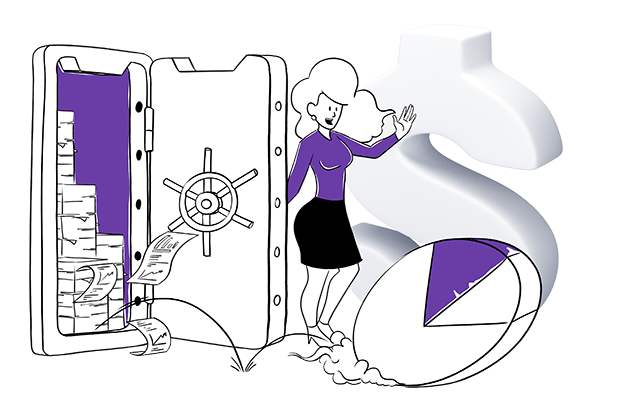The Health Insurance Portability and Accountability Act (HIPAA) is a restrictive data security law regulating US healthcare organizations’ use of protected health information (PHI). Covered entities and business associates handling US patients’ PHI are subject to HIPAA.
The Department of Health and Human Services (HHS) doesn’t formally recognize the certification, it can be issued by private companies that specialize in HIPAA certification. HIPAA certification is not an obligatory training program; it is granted after a successful audit. The HIPAA certification audit proves that healthcare organizations met the standards of HIPAA and didn’t violate HIPAA guidelines at the time of the audit. It must be noted that HIPAA certification doesn’t mean the organization is HIPAA compliant. Third-party auditors give the certification, while the official HIPAA compliance process must be completed internally to properly secure patients’ data and avoid penalties and fines.
The course is not official but may better prepare a facility and its workers for achieving and maintaining compliance. It also may serve as a confirmation to patients and business associates that the organization is patient-first and approaches PHI with privacy and care.
Learn more about HIPAA:
HIPAA certification
-

Unlocking the potential of digital analytics in finance and banking
Banks must ensure that their digital platforms are user-friendly, offering features like easy account management, instant transactions, integrated banking services in mobile apps, responsive customer service through chatbots or other digital tools, and more. Enhancing the overall digital experience can significantly reduce the likelihood of customers switching to competitors.
-

How can server-side tracking help your business?
Alternatives to client-side tracking, such as server-side tracking, are becoming increasingly important in online marketing, especially as third-party cookies are gradually being phased out. Although Google has recently canceled its planned deprecation of third-party cookies, many browsers like Safari have already been blocking them since 2003. As a result, businesses seeking reliable and actionable information…
Other definitions
Recent posts from Piwik PRO blog
- Unlocking the potential of digital analytics in finance and banking
- How can server-side tracking help your business?
- How to use raw data in web analytics
- Google Analytics 4 (GA4) problems: The state of GA4 4 months after UA sunset
- How do Google’s Enhanced Conversions and Meta’s Advanced Matching impact analytics
- The AHA’s lawsuit against HHS guidance on online tracking technologies: What it means for HIPAA-covered entities and their use of analytics
- Cross-platform analytics: Deep dive into benefits for various businesses
- 25 years of digital analytics with Brian Clifton: Being data-informed, not just data-driven







